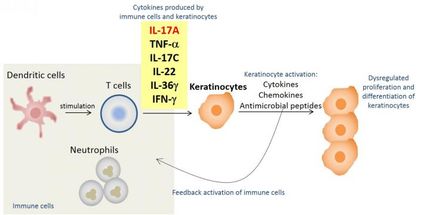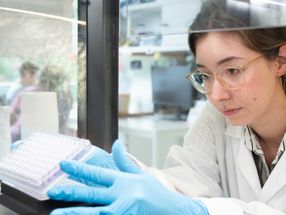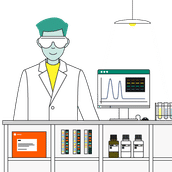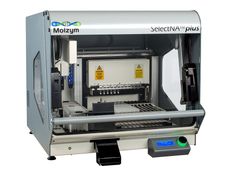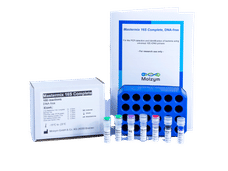IMGENEX exclusive N.A. distributor for Dendritcs
Advertisement
IMGENEX is pleased to announce that it has signed an exclusive distribution agreement with Dendritics SAS (Dardilly, France) to make their portfolio of highly characterized and validated monoclonal Dendritic cell research antibodies available to researchers in North America and India. Founded in 2005, the goal of Dendritics SAS was to make their technology and expertise available to the commercial market where other researchers could benefit from these innovative reagents. Dendritics' reagents have been validated and reported in many peer reviewed publications and can be used in flow cytometric analysis, IHC, cell depletion and blocking assays. All antibodies are purified and most are available in a multiple formats.
Dendritics SAS research reagents are categorized into six major research focus areas: Dendritic Cell (DC) subtypes, C-type Lectin Receptors (CLRs), Toll-like Receptors (TLRs), DC Migration, Cytokines and Cytokine Receptors, Antigen processing & Presentation/ Allergy and include IL7R, pDC/IPC clone 120G8, DCIR, DCLAMP clone 1010E1, DC LAMP clone 104G4, Mouse Langerin
Other news from the department business & finance
These products might interest you
Most read news
More news from our other portals
See the theme worlds for related content
Topic world Antibodies
Antibodies are specialized molecules of our immune system that can specifically recognize and neutralize pathogens or foreign substances. Antibody research in biotech and pharma has recognized this natural defense potential and is working intensively to make it therapeutically useful. From monoclonal antibodies used against cancer or autoimmune diseases to antibody-drug conjugates that specifically transport drugs to disease cells - the possibilities are enormous

Topic world Antibodies
Antibodies are specialized molecules of our immune system that can specifically recognize and neutralize pathogens or foreign substances. Antibody research in biotech and pharma has recognized this natural defense potential and is working intensively to make it therapeutically useful. From monoclonal antibodies used against cancer or autoimmune diseases to antibody-drug conjugates that specifically transport drugs to disease cells - the possibilities are enormous



